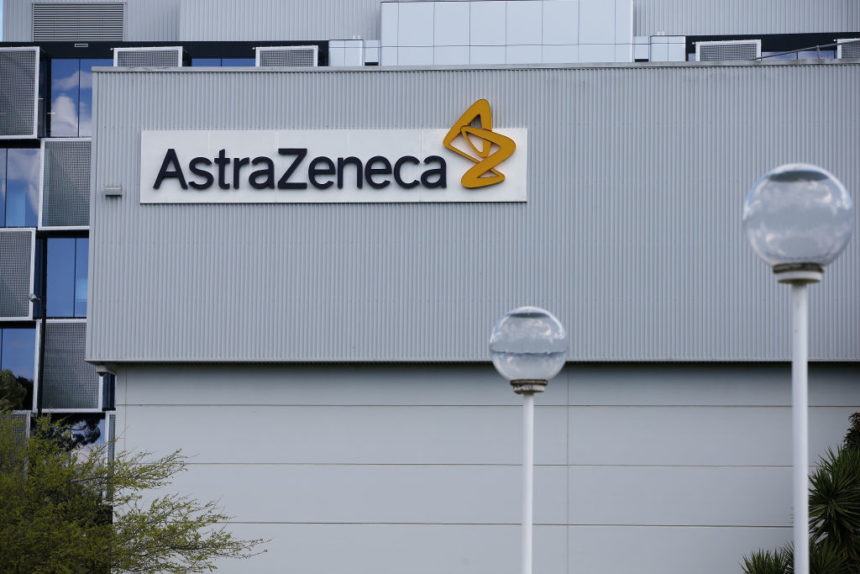Three major pharmaceutical companies released Q1 earnings reports Friday morning.
AstraZeneca’s total revenue increased 60% to $11.3 billion, supported by Alexion medicines and numerous contracts for Vaxzevria, its COVID-19 vaccine, expected to complete delivery by later this year.
The British pharma giant benefited from its oncology revenues surging 25%. As far as revenue from other therapeutic areas, cardiovascular/renal/metabolism rose 18% and rare diseases grew 7%.
Notably, AZ acknowledged that total revenue from its COVID-19 medicines is likely to decline by a “low-to-mid twenties percentage,” with the gross margin from these products expected to be lower than the company average.
Still, the drugmaker reiterated its full-year 2022 guidance and also announced plans to establish a strategic R&D center in Cambridge, Mass.
“2022 has started strongly for AstraZeneca. Farxiga achieved $1 billion revenue in the quarter and our oncology medicines delivered product sales growth of 18%, despite COVID-19 continuing to impact cancer diagnosis and treatment,” said AZ CEO Pascal Soriot in a statement. “High-level results from the DESTINY-Breast04 trial pointed to Enhertu’s potential to redefine treatment of HER2-low metastatic breast cancer, and Ultomiris became the first and only long-acting C5 inhibitor approved for generalized myasthenia gravis in the U.S.”
Meanwhile, Bristol Myers Squibb posted revenues of $11.6 billion, marking an increase of 5% year-over-year.
The New York-based company saw double-digit revenue growth from both in-line products, namely blockbusters Eliquis and Opdivo, as well as its new product portfolio. Sales of oncology drug Yervoy also increased during the last quarter after European health regulators approved a combination treatment with Opdivo for patients with non-small cell lung cancer.
However, the company experienced revenue declines for both cancer med Revlimid, down 5% year-over-year, as well as chemo drug Abraxane, down 32%. Bristol’s GAAP earnings per share decreased 34% compared to Q1 2021.
“We continue to execute against our strategic priorities, deliver solid revenue and earnings growth and advance our product pipeline,” said BMS CEO Giovanni Caforio in a statement. “Thanks to our team’s hard work and dedication, we achieved regulatory approvals of Opdualag and Camzyos, our new first-in-class medicines for patients living with metastatic melanoma and symptomatic obstructive hypertrophic cardiomyopathy, respectively. These milestone achievements, combined with our promising product pipeline and strong financial flexibility, provide a solid foundation that will enable us to deliver sustained growth and long-term benefits for our patients.”
Finally, AbbVie reported net revenues of $13.5 billion, up 4% year-over-year despite net revenues for immunology blockbuster Humira slipping 2.7%.
But fellow immunology meds chipped in. The company generated $940 million from Skyrizi, up 63.7% year-over-year, and $465 million from Rinvoq, up 53.6% year-over-year. AbbVie’s neuroscience portfolio grew 19.2% to $1.4 billion in revenues, and its aesthetics portfolio increased 20.5% to $1.3 billion.
AbbVie saw revenues for its hematologic oncology portfolio decrease by 1.6%, though net revenues for Venclexta rose 16.9%.
“This year is off to a strong start. Our first-quarter results highlight the diversity of our portfolio and include compelling performance from key growth drivers Skyrizi, Rinvoq, Aesthetics and Neuroscience,” said AbbVie CEO Richard Gonzalez in a statement. “Our momentum combined with ramping contributions from new products and new indications will drive accelerating revenue and EPS growth through the rest of the year.”







